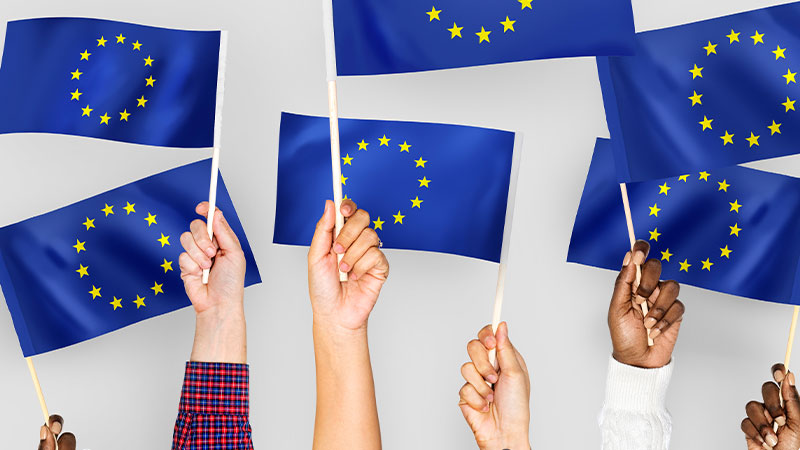
EU Parliament Approves Carbon Border Tax to Encourage Global Emission Regulations


EU Parliament greenlights import tax legislation based on greenhouse gas emissions, representing a first for climate regulation in global trade rules.
The import tax comes after almost two years of negotiations and seeks to encourage worldwide economies to price carbon dioxide emissions while shielding EU manufacturers from countries with lax or no emissions regulations.
Countries that price carbon will receive credits, allowing importers of goods from those nations to deduct payments made for overseas emissions from the amount owed at the EU's borders.
The tax has prompted concerns in the US, where companies worry about potential bureaucratic hurdles for exporting to Europe. It has also faced criticism from China and some developing nations, where manufacturers typically emit more carbon dioxide and depend more on coal-fired electricity.
Global governments and lawmakers are being pressured to implement similar measures. The UK is debating the introduction of a carbon border tax, while US Democrats have proposed legislation to establish one.
The EU's legislation will initially cover imports of iron, steel, aluminum, cement, fertilizer, electricity, and hydrogen. Companies must report their imported goods' emissions from October, including indirect emissions from electricity generation powering overseas factories. Importers will start paying the tax in 2026, aligning with the phase-out of free allowances for European manufacturers under the bloc's emissions trading system, according to the Wall Street Journal.
The legislation mandates that importers obtain authorization from European governments and be included in a centralized EU registry. Companies are tasked with determining the greenhouse gases emitted during their imported goods' production.
The WSJ said that the European Commission is authorized to accredit companies for verifying overseas manufacturers' emissions, with EU officials intending to promote a consulting industry specializing in these reviews for European importers. Countries such as Russia and China are expected to be most impacted by the border tax. However, EU sanctions resulting from Russia's invasion of Ukraine have significantly cut Europe's imports of goods like steel, fertilizer, and aluminum from Russia.
Recommended Reads:
Related Insights:
View All
Get more stories like this
Subscirbe for more news,updates and insights from Beroe






